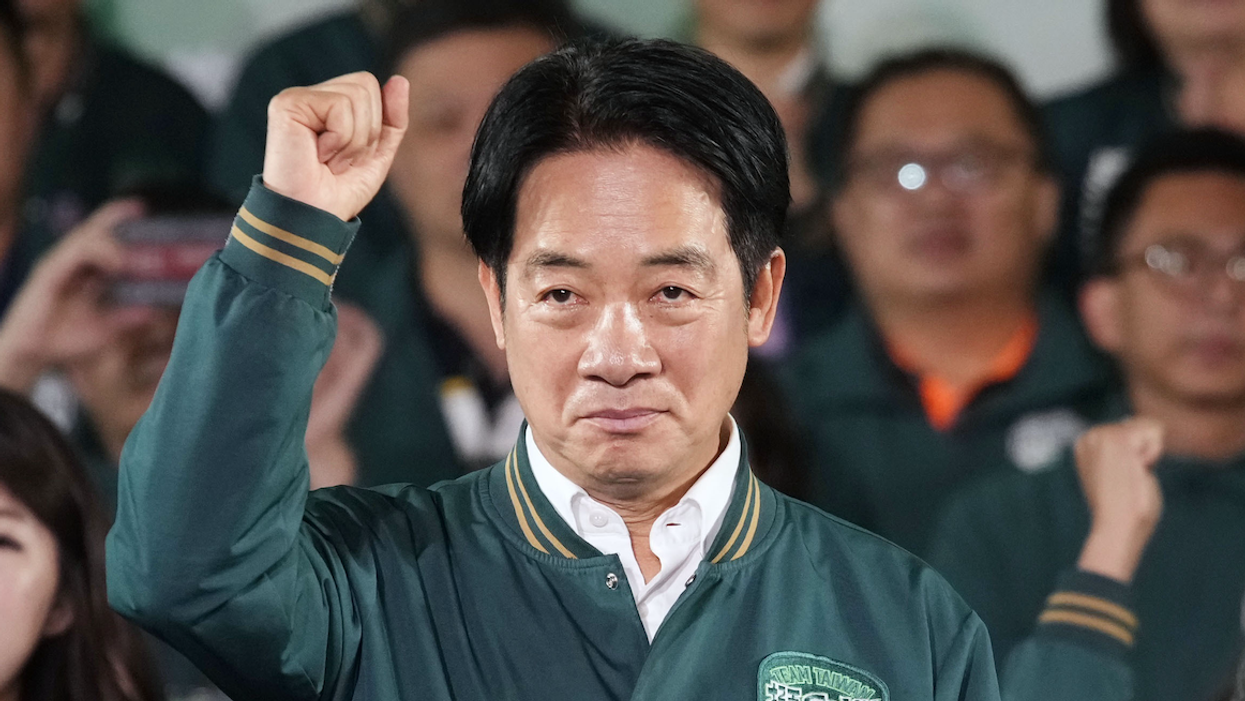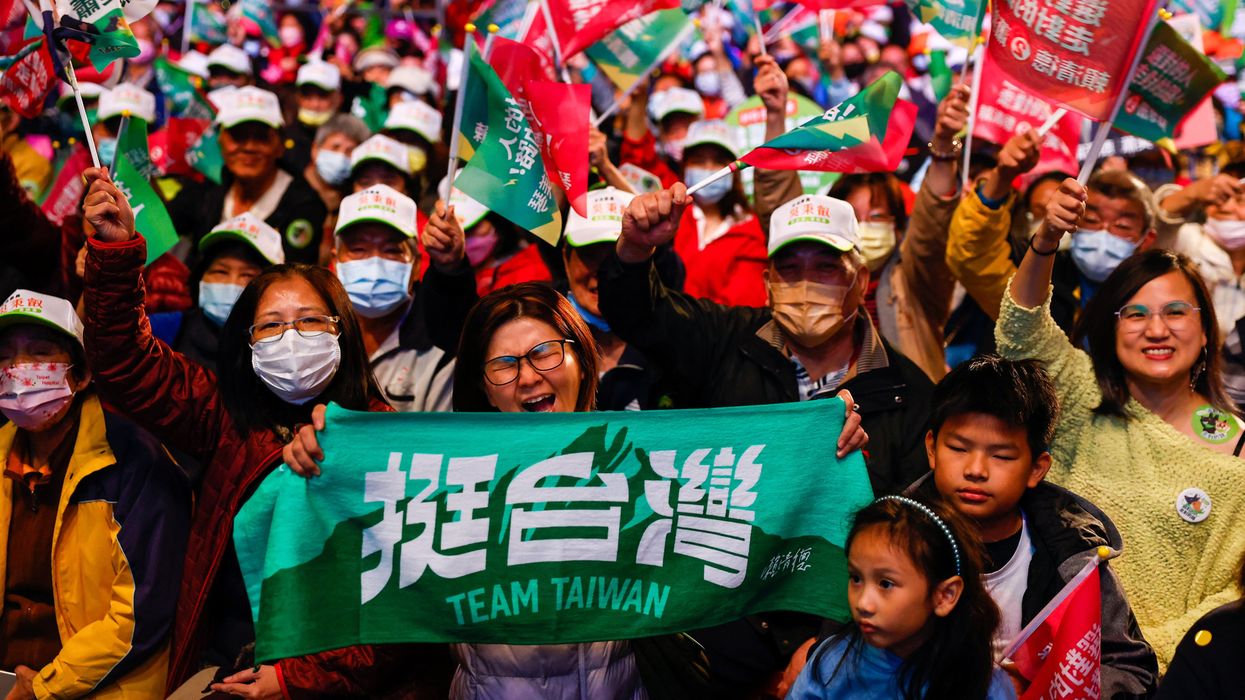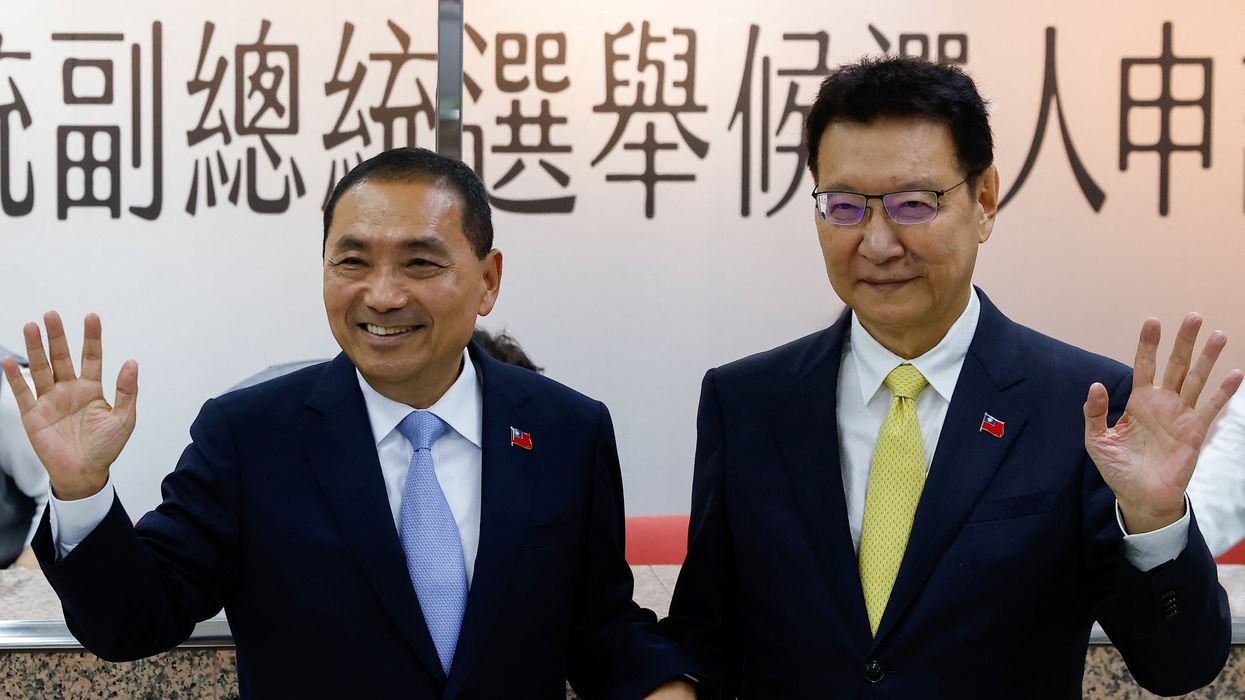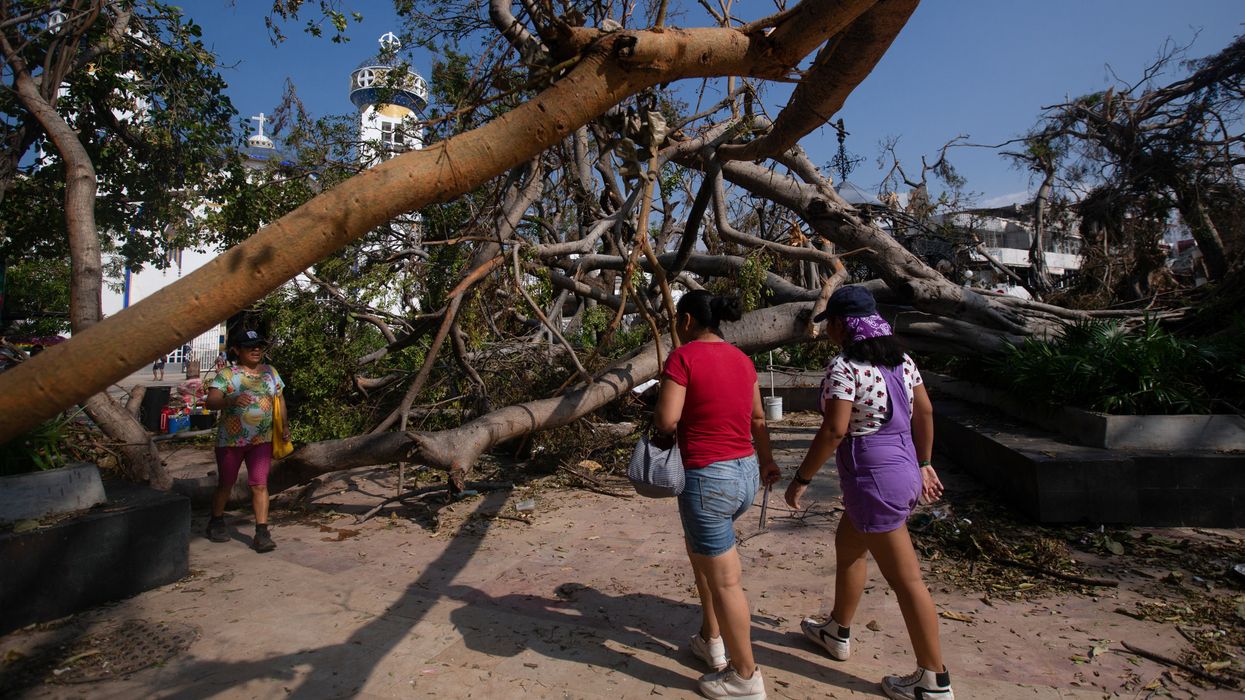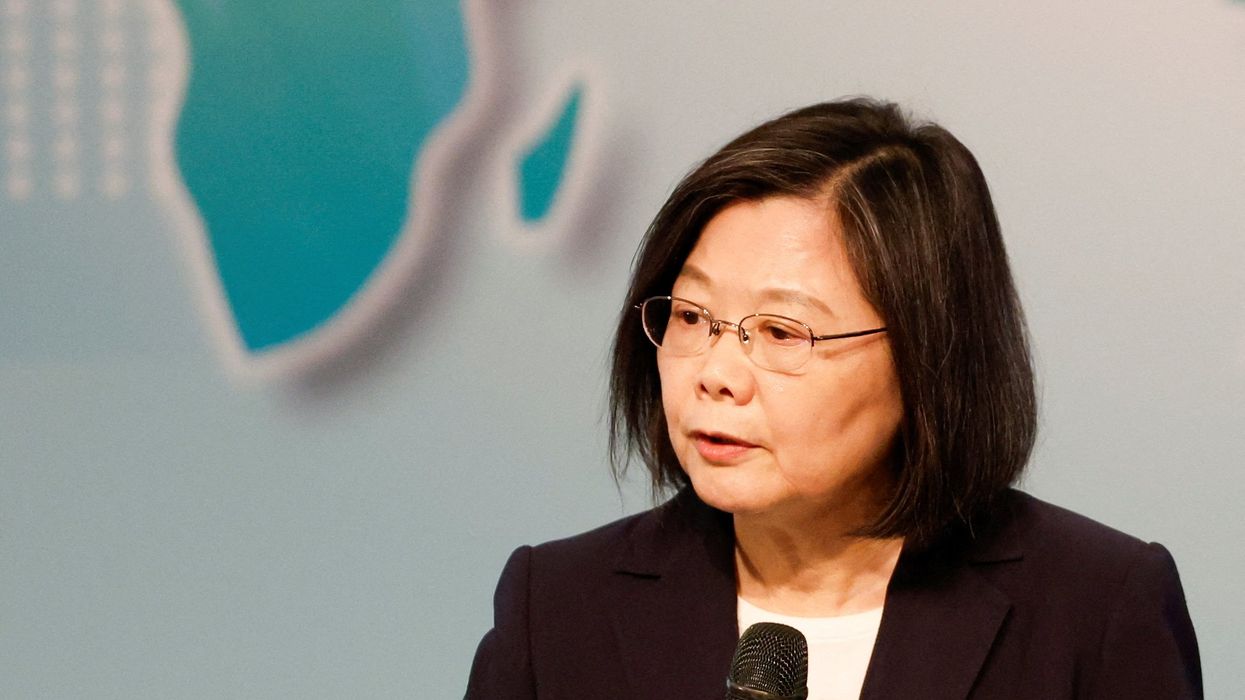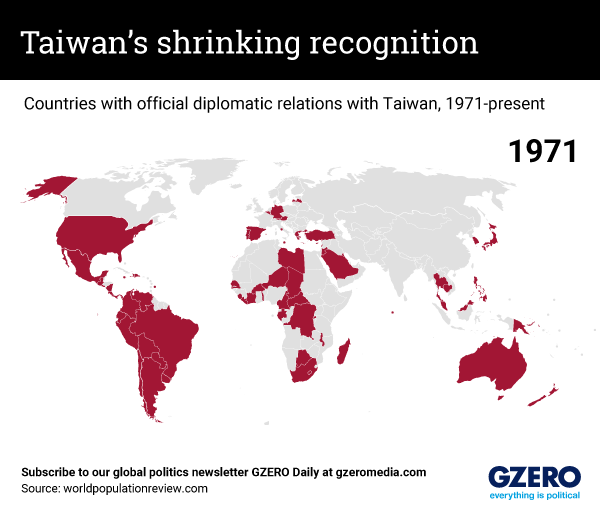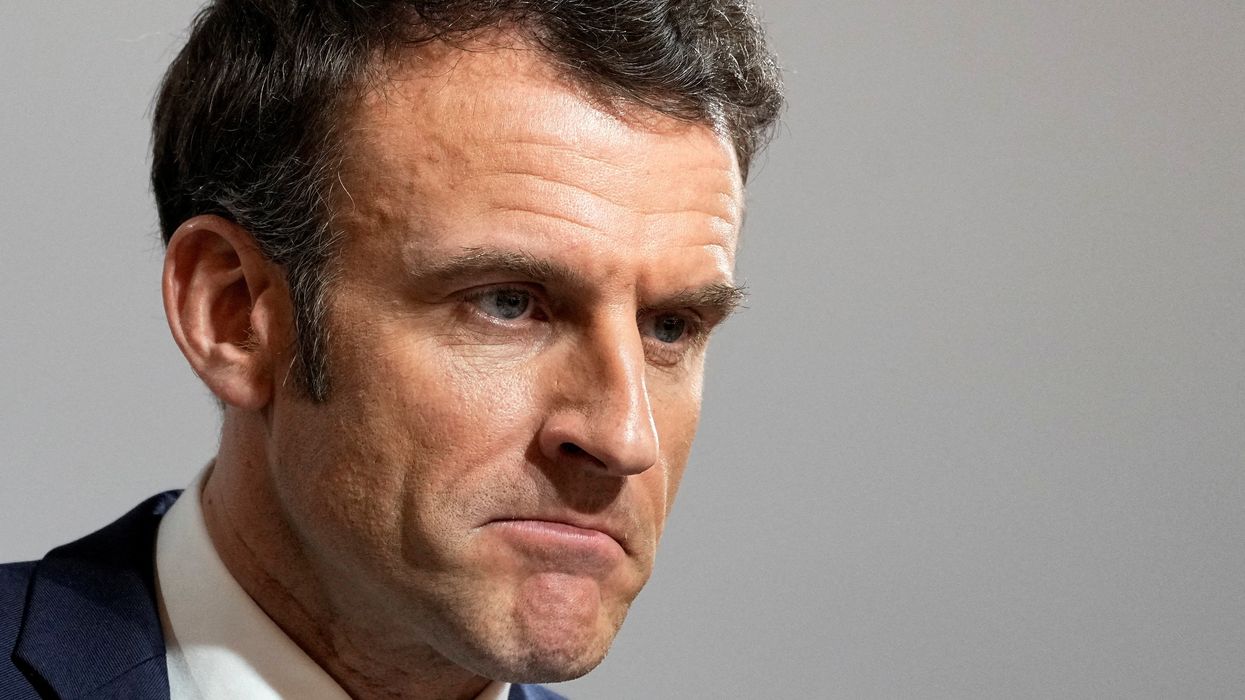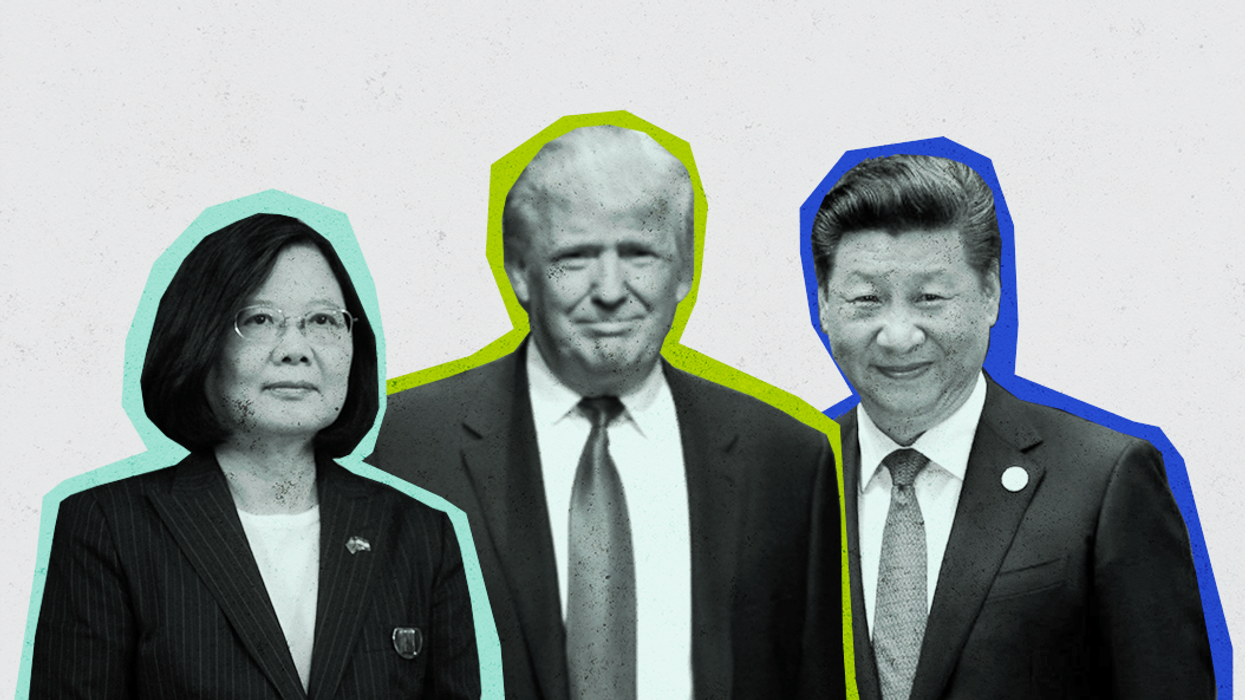What We're Watching
Taiwan elects pro-independence candidate, calls Beijing’s bluff
Taiwan’s presidential campaign ended up being a close race between independence-leaning candidate William Lai Ching-te of the ruling Democratic Progressive Party and Hou You-ih of the Kuomintang, who favors closer relations with China. On the day, Lai came out on top with 40% of the vote, beating Hou by almost 7 percentage points.
Jan 13, 2024
